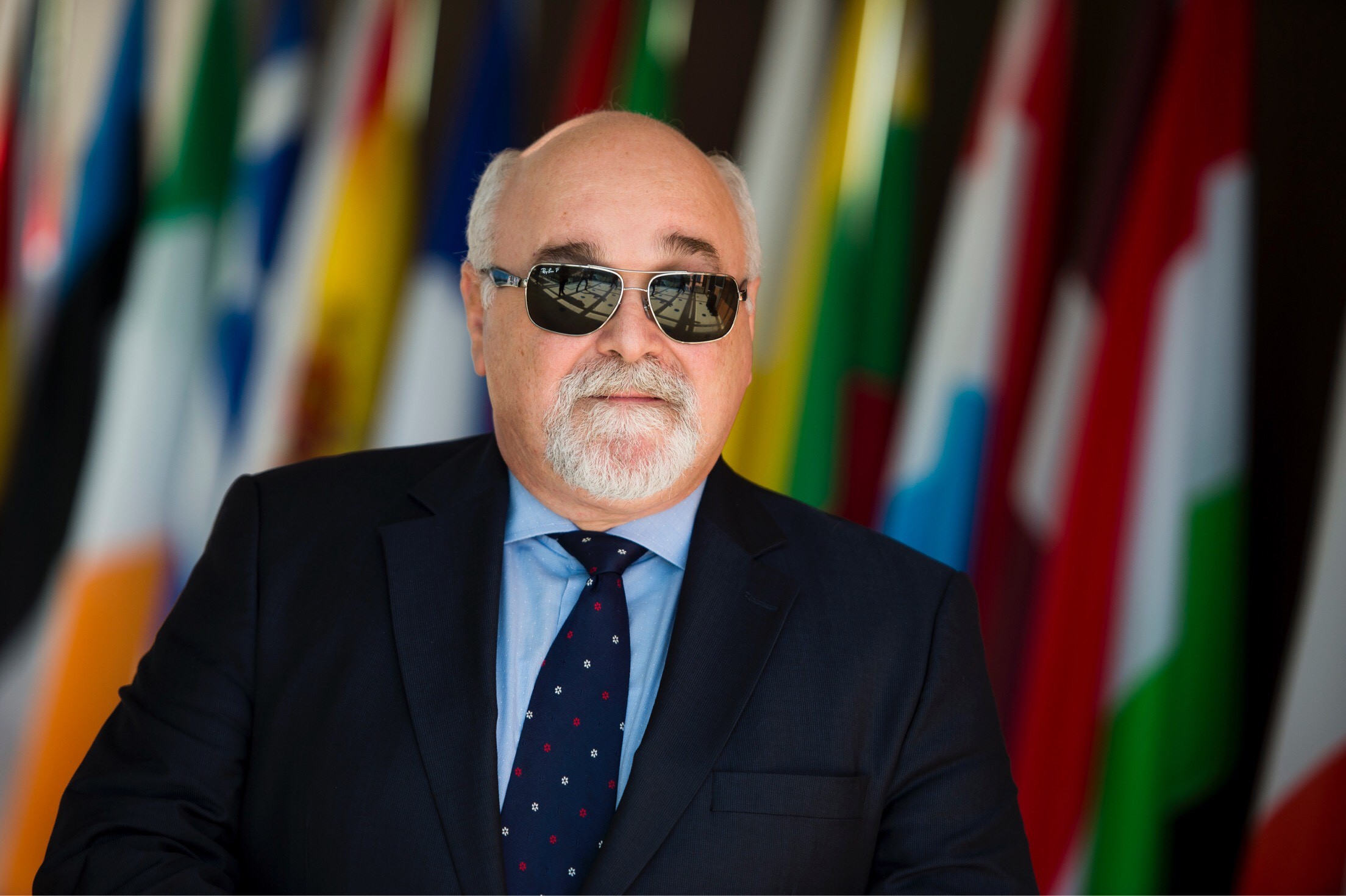By Yannis Vardakastanis, President, European Disability Forum
Seven months ago the leaders of the 28 EU member states adopted in Stockholm the so-called European Pillar of Social Rights, by which they committed to a set of 20 principles and rights. From the right to fair wages to the right to health care; from lifelong learning, a better work-life balance and gender equality to minimum income.
Even though most of us in the disability movement believe that EU leaders should have been more ambitious and should have converted those political statements into more concrete and enforceable policy and legislative initiatives, we could not but welcome the explicit recognition that “people with disabilities have the right to income support that ensures living in dignity, services that enable them to participate in the labour market and in society, and a work environment adapted to their needs.” The next step is to move from words to deeds and that the EU and the 28 national governments start practising what they preach. Let us not forget that 15% of the European citizens are disabled.
The celebration of the European Social Economy Day on 4 June is a good occasion to reflect on the role that this sector has been playing and can play in the future to help achieve these goals, in particular as a job generator. The Social Economy (SE) sector currently provides compensated employment to over 14.5 million people who represent about 6.5% of the working population of the EU. Furthermore, social economy enterprises (cooperatives, mutual societies, foundations, associations and other new forms of social enterprises) have traditionally played a major role in the employment of people with disabilities. In some countries, these organizations employ up to three times more people with disabilities than traditional companies. Moreover, figures show that the SE enterprises are more resilient in times of crisis.
It is not necessary to have a PhD in economics to realise that these aggregates demonstrate that the sector has untapped potential that has yet to be fully recognised and supported by policymakers. Even though the Council adopted its Conclusions on the promotion of social economy as a key driver of economic and social development in Europe in December 2015, two years later the same leaders neglected in Stockholm to verbalise how important the SE sector would be to make the Social Pillar a reality.
Not only is the recent decision of Social Economy Europe, the umbrella organisation representing the sector at EU level, to actively and systematically explore how SE enterprises can further contribute to the labour integration of people with disabilities, great news; it is also additional proof of the commitment to a true Social Europe. According to the latest estimations, there are three million social economy enterprises in Europe. It would be a major breakthrough if over the coming years half of them could generate a placement for a worker with a disability.
In this day of celebration across Europe, I would like to remind EU and national government leaders that they have the responsibility to create the right political and legislative environment that allows for it to happen. First and foremost, ambitious and fully-fledged European strategies for the social economy and for disability should be adopted. However, this will not suffice. Any action plan will have to be backed up by adequate and proportionate funding. The new Multiannual Financial Framework, with the review of the EU Structural Funds and the broader cohesion policy, offers the right opportunity to put the public money where the politicians’ mouth is. We must not miss it.


















